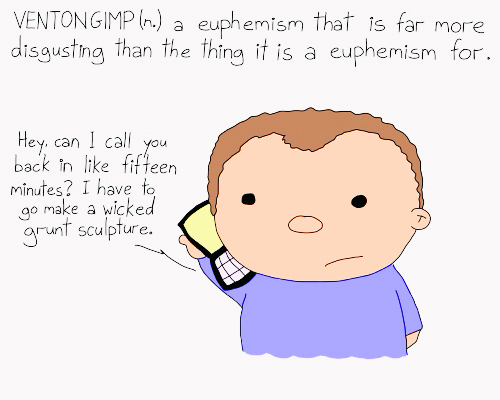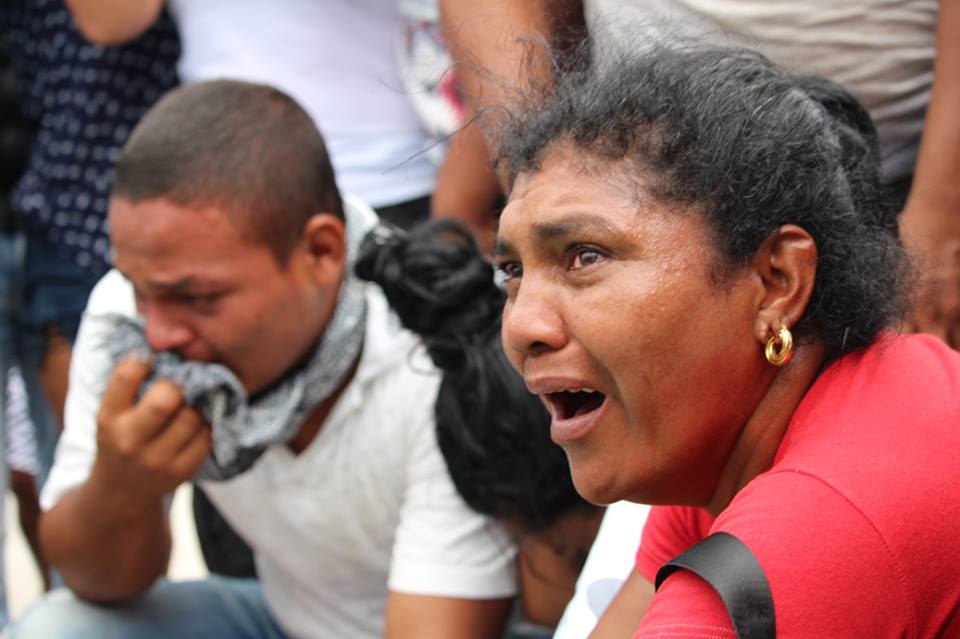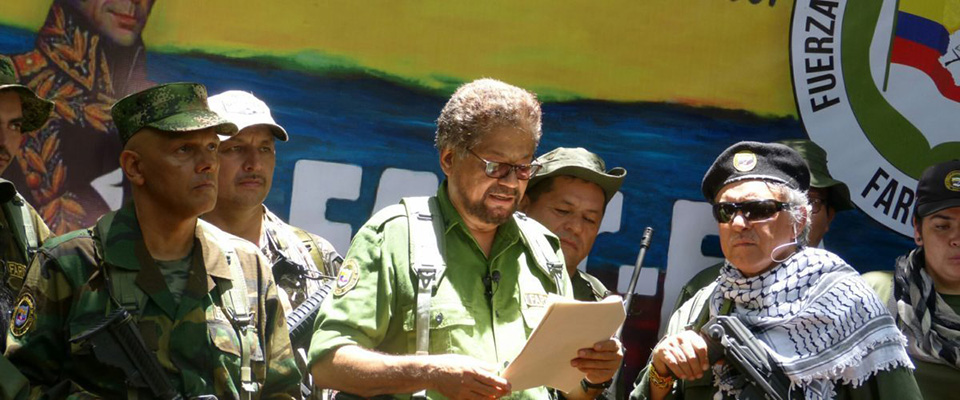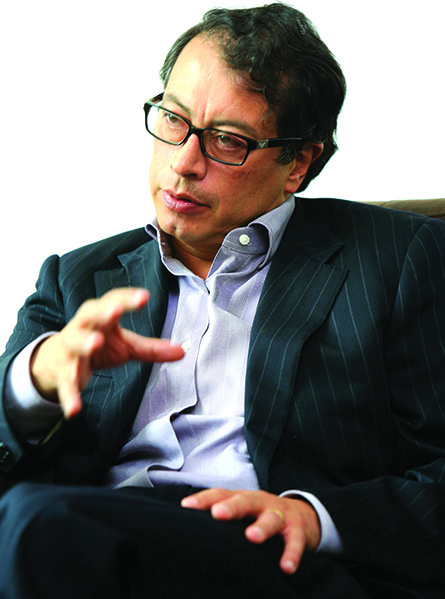
Not necessarily a place name but you get the idea, right?
Steve Hide begins a new dictionary using place names to describe the indescribable
Sometimes we stumble on things or situations we have no words for. Instead of inventing new words, there’s a wonderful sub-genre of British humour that takes existing place names and gives them new meanings.
In 1982, author Douglas Adams, took the names of towns and cities “that otherwise sit around on road signs doing nothing”. breathed new lexical life into them and created a best-selling book: The Meaning of Liff.
For many of us, British place-names would never quite be the same again, with such gems as:
Woking (a town just outside of London): Standing in the kitchen wondering what you came in here for.
Bodmin (a town in Cornwall): That irrational and inevitable discrepancy between the amount pooled and the amount needed when a large group of people try to pay a bill together after a meal.
The ‘game’ has been continued and adapted, with spin offs in Germany, Norway and Holland. But as far as I know, never in Colombia. I think that Adams, (who died in 2001) would have loved Colombia’s evocative place names and its quirky social landscape. So in memory of Adams (who also wrote the science fiction comedy Hitchhikers Guide to the Galaxy) I’ve invented my own Colombian Meanings of Liff.
Alvarado: difference between the price of your flat and what you tell your friends you paid.
Barbacoas: state of trying to cook on an open fire after heavy drinking.
Chimichagua: sudden rain storm during barbacoas.
Caquetá: dog poo in a plastic bag left by the dog owner on the pavement.
Chiquinquirá: small child you take to the bank with the specific aim of jumping the queue.
Choachi: to urinate behind a tree because you don’t want to pay 700 pesos for the toilet.
Facatativá: ‘Terms and Conditions’ at the end of adverts that radio stations are obliged to play but no-one-can-understand-because-they-are-spoken-so-fast.
Girardot: driver who signals left but turns right.
Hispania: stress of triggering shop exit alarm even though you haven’t stolen anything.
Jambaló: noise made by rival shops playing loud vallenato songs to attract customers but with the opposite effect.
Melgar: to accept several invitations for different social events with the same date and time.
Malagá: small lie told to people you melgared to explain why you never showed up.
Mistrató: arriving in wrong part of town after inverting Calle and Carrera numbers in the address.
Medio Atrato: moment during business meeting when you notice your trouser is tucked into your sock.
Mocoa: bout of flu that starts the first day of your vacations.
Nunchía: free meal obtained from food samples on sticks given out in supermarkets.
Obando: general unease created by sitting with your back to the TV in a lunch cafe.
Onzaga: work colleague who constantly recounts last night’s telenovela.
Susacón: household goods that promise more than they deliver i.e. energy saving light bulbs.
Tadó: person aged 35 or above still living with their parents.
Taganga: clothes knotted together in the washing machine caused by string-like underwear.
Titiribí: feeling of guilty pleasure at being crushed in the rush-hour Transmilenio.
Tayrona: strong verbal attack, as in ‘the person next to me on the Transmilenio gave me a right tayrona’.
Unguía: mess caused by someone giving you directions who does not actually know the way.
Vegachí: dinner guests who announce they do not eat meat as you serve up steaks.
Yacopí: act of leaving an original essential document in photocopier.
Yumbo: sweater knitted by your granny that hangs around your knees.
Zarzal: art of choosing the fastest line at road toll station.
By Steve Hide
The Opinion section is a space for your views and opinions. We’ve featured articles on all aspects of life in Colombia – from the free trade agreement to bull fighting.Whether you agree or disagree with anything we’ve written, we’d love to hear your thoughts – leave a comment below, tweet us at @bogotapost, post on our Facebook page /BogotaPost or email us at theteam@thebogotapost.com.The articles in ‘Opinion’ are commentary, not news reporting. The views expressed in this section are those of the author and do not necessarily reflect those of The Bogota Post or its publishers. The publishers take no responsibility for the accuracy of any information published in this section. |





